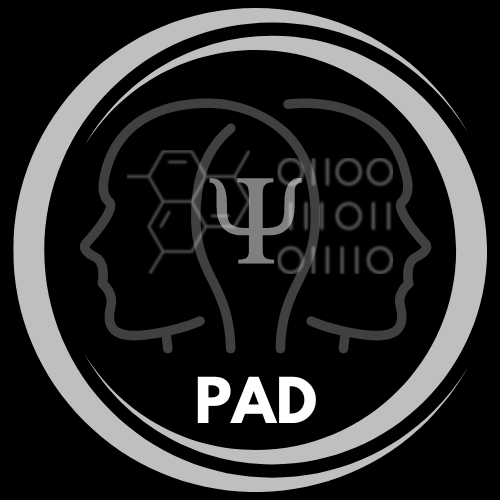Natural and Artificial Intelligence
A Critical Comparison
Our research critically examines the evolving concepts of natural and artificial intelligence, shedding light on their complex interplay. At the heart of this investigation is the long-standing issue of biases inherent in the construct of intelligence and the urgent need to rethink these notions in the context of new cognitive sciences and contemporary philosophy of mind.
The traditional understanding of intelligence has often been marred by cultural, social, and methodological biases (Gould, 1981). These biases have shaped our perceptions and measurements of human intelligence, often leading to skewed interpretations and applications. As artificial intelligence advances, it is imperative to address and rectify these biases to develop a more inclusive and accurate understanding of intelligence.
Our exploration is grounded in the frameworks of 4E cognition—embodied, embedded, extended, and enactive cognition—and 4A cognition—affective, adaptive, anticipatory, and agentive cognition (Newen et al., 2018; Gallagher, 2020). These paradigms offer a holistic view of cognitive processes, emphasizing the interconnectedness of mind, body, and environment.
Embodied cognition posits that cognitive processes are deeply rooted in the body’s interactions with the world (Varela et al., 1991). Embedded cognition emphasizes the role of the surrounding environment in shaping cognitive functions. Extended cognition argues that cognitive processes can extend beyond the brain to include external devices and tools (Clark & Chalmers, 1998). Enactive cognition focuses on the dynamic interaction between an organism and its environment.
Similarly, 4A cognition expands this understanding by incorporating the affective dimension, highlighting the role of emotions in cognition (Colombetti, 2014). Adaptive cognition underscores the ability to adjust to changing environments. Anticipatory cognition addresses the capacity to predict and prepare for future events. Agentive cognition considers the autonomous and purposeful actions of cognitive agents (Gallagher, 2020).
By integrating these frameworks, our research aims to recontextualize intelligence in a way that transcends traditional biases. We are particularly interested in how these paradigms can inform the development and evaluation of artificial intelligence, creating systems that are not only intelligent but also adaptable, affective, and capable of meaningful interactions with their environment.
Our study asks critical questions:
- How do biases in traditional constructs of intelligence affect the development of AI?
- In what ways can the principles of 4E and 4A cognition reshape our understanding of both natural and artificial intelligence?
- How can these insights lead to the creation of AI that is more aligned with human cognitive and emotional complexities?
Through this research, we strive to foster a deeper, more nuanced dialogue about intelligence in the 21st century. Join us as we challenge old paradigms and pave the way for a more equitable and comprehensive understanding of intelligence in both natural and artificial realms.
References
- Clark, A., & Chalmers, D. (1998). “The extended mind”. Analysis, 58(1): 7-19.
- Colombetti, G. (2014). The Feeling Body: Affective Science Meets the Enactive Mind. Cambridge, MA: MIT Press.
- Gallagher, S. (2020). Action and Interaction. Oxford: Oxford University Press.
- Gould, S. J. (1981). The Mismeasure of Man. New York, NY: W.W. Norton & Company.
- Newen, A., De Bruin, L., & Gallagher, S. (2018). The Oxford Handbook of 4E Cognition. Oxford: Oxford University Press.
- Varela, F. J., Thompson, E., & Rosch, E. (1991). The Embodied Mind: Cognitive Science and Human Experience. Cambridge, MA: MIT Press.

